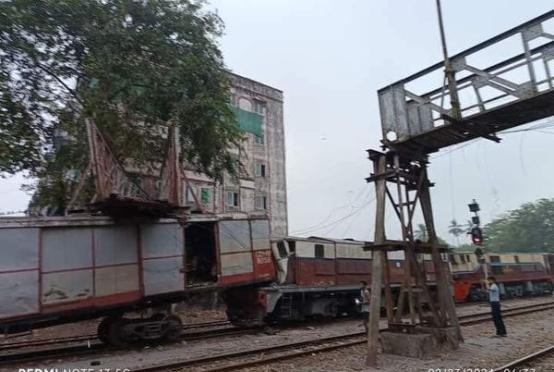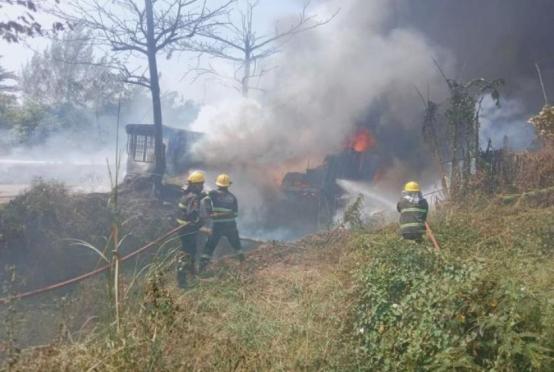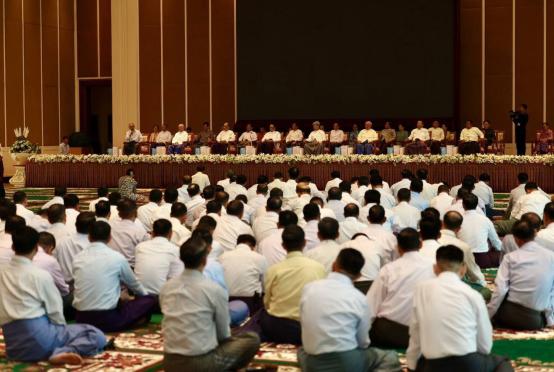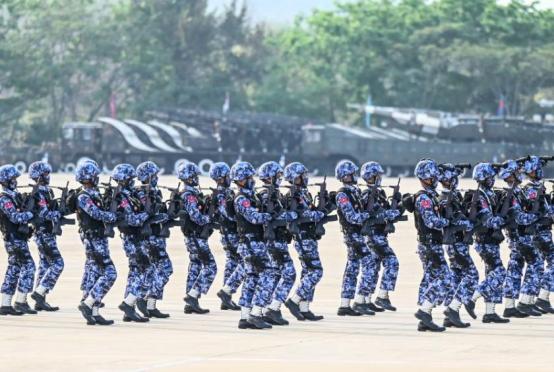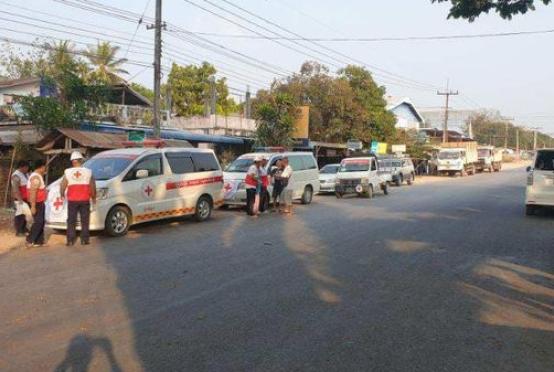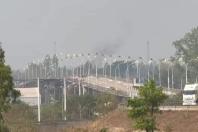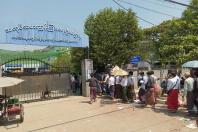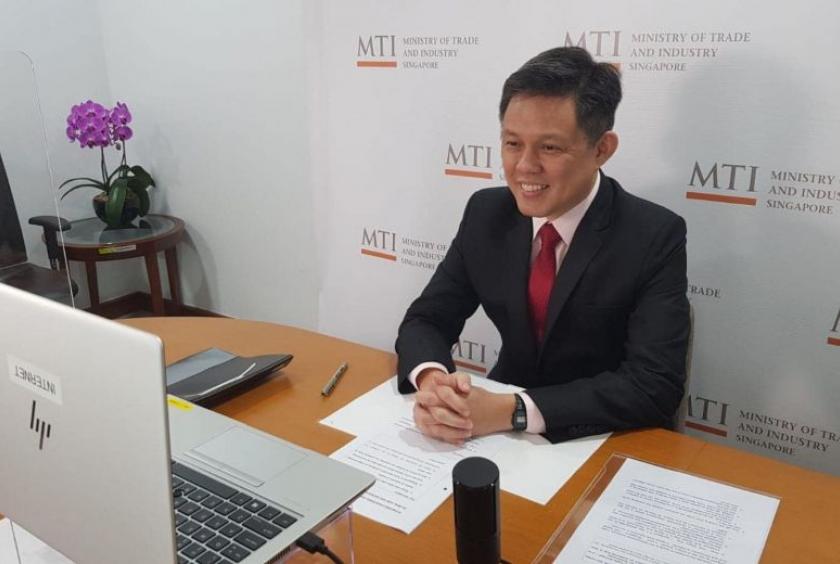
SINGAPORE (The Straits Times/ANN)- Singapore will remain open to top international talent as it seeks to maintain its status as a preferred economic hub amid changes brought about by Covid-19, said Trade and Industry Minister Chan Chun Sing on Tuesday (Sept 8).
"We aspire to be the critical node in global businesses' value chains, production chains, and supply chains, where we add value, serving not just as a location to trade through," he said during a webinar hosted by Standard Chartered Bank titled Singapore - The Global Hub And Gateway To Asean.
One way is to "bring in international talent in a calibrated manner, as (the Republic has) always done", Mr Chan said in his keynote address.
He acknowledged that companies had been anxious about the recent scrutiny over foreign talent, and assured firms that the Republic's tightening of its foreign worker policies is not "a signal that we are turning away top international talent".
"Our foreign worker policy will shift increasingly towards quality rather than quantity," he added.
Mr Chan said: "This scrutiny is not unique to Singapore. Every country facing economic slowdown and recession will have elements questioning the balance between locals and foreigners in the job market."
“Let me be clear — we want the world’s best and brightest to be with Team Singapore, to augment our skills and capabilities, competing on our side rather than against us, and ultimately, to benefit Singaporeans, not to substitute or hurt them”, he added.
But "we are serious about discriminatory hiring practices", Mr Chan said, adding that businesses, regardless of size or nationality, must play their part in building up the Singaporean workforce, and giving Singaporeans a fair shot at the same job opportunity as a foreigner.
Keeping its ports, both sea and air, open to the world, investing in its digital and physical connectivity, and pressing on harder with its efforts to transform its economy are other ways that Singapore will use to retain its status as a global hub.
Mr Chan said that the Republic has been progressively and safely opening up on the travel front to enable more business and leisure travel experiences.
Singapore will also continue to invest in the building of its fifth airport terminal, Tuas megaport and regional developments like Sungei Kadut Eco-District and Greater Southern Waterfront, Mr Chan said.
The Republic will also forge stronger partnerships with the world through free trade agreements, digital economy agreements, and network alliances, among other measures, to access regional and global opportunities.
Another focus is to build capabilities "that are hard to replace, to enable Singapore to adapt and be more competitive in a Covid-19 world" through industry transformation maps and SkillsFuture, Mr Chan said. Transformation road maps have been developed to encourage technological innovation among companies under a $4.5 billion programme while SkillsFuture is a national movement to change how people view skills, jobs and learning.
He noted that Covid-19 has sped up companies' reviews of their organisational process, and technology has redefined what it means to be a hub in the global economy.
This has raised questions such as the need to relocate employees across the world when workers can log in online from anywhere to work, he said.
Some firms have chosen to respond by having a single global headquarters, accompanied by several smaller specialised nodes, while others have relocated their supply chains closer to the products' demand markets, he added.
Mr Chan said: "The digital nature of work during Covid-19 has removed geographical and physical boundaries, and made a stronger case for digitalising and virtualising business models.
"We are likely to see further reorganisation of the global supply and value chains."
Mr Chan added that investors have so far chosen to invest in the Republic because Singapore has a stable government, clear rule of law and a rich and diverse ecosystem of innovation, talent and digital connectivity.
These characteristics help businesses to succeed, regardless of where they are or their size, and the Republic will continue to build on such strengths amid Covid-19, Mr Chan said.
"We do not take (our current hub status) for granted. We know competition is stiff. If we do not adapt to the changing nature of how businesses operate, we will easily be bypassed," Mr Chan said.

